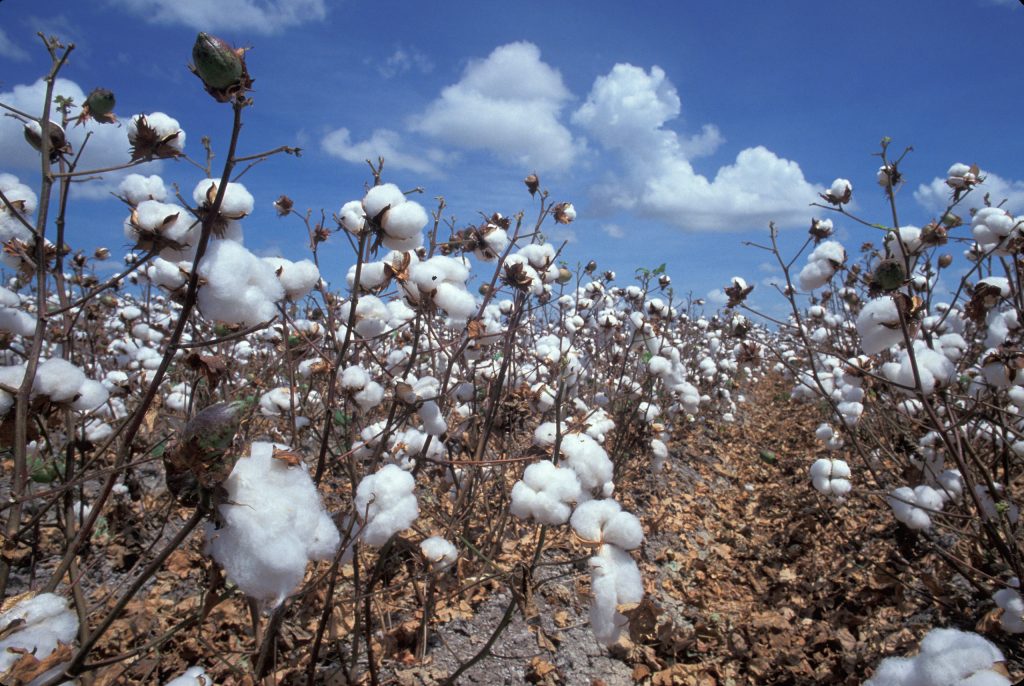
The Chief Executive Officer of the Agricultural Retailers Association, Darren Coppock, has expressed dismay at the ruling this week of a federal court in Arizona that seems to ignore a science based process on whether an agricultural chemical should be registered or not. Here is the statement from ARA and Coppock:
“On Tuesday a federal District Court in Arizona vacated the registration for over-the-top (OTT)
applications of dicamba on dicamba-tolerant soybeans and cotton. OTT dicamba products
Xtendimax (Bayer), Engenia (BASF) and Tavium (Syngenta) were all included in the decision
which is national in scope.
“ARA disagrees with this decision. It removes a determination that should be made by a science based regulatory agency to a federal court, and the timing of the decision will be extremely
disruptive to ag retailers, distributors, manufacturers and farmers who made plans to use these
products in 2024.
“People have different opinions about whether OTT dicamba should be registered and used. But
surely we can agree that we’re all better off – including consumers and the environment – if
these decisions are made by regulators with scientific expertise during the registration review
process rather than by the federal courts or activist litigators which lack that expertise.
“The timing of the decision is problematic. Farmers have already made their decisions about
what varieties of cotton and soybean seed they want to plant in 2024, and retailers are already
stocking not only the seed but also the herbicides these growers will need for their systems. A
grower who chooses dicamba-tolerant seed is also choosing to use a dicamba product in their
weed control program; otherwise they would not buy dicamba-tolerant seed. This court
decision, issued after those plans have been made and while retailers are procuring the products
necessary to fulfill them, comes at the worst possible time in the season.
“ARA encourages EPA and the registrants to continue the defense of science-based pesticide
regulation in the federal courts by appealing the decision and requesting a stay of the decision
during the appeal. Flexibility in emergency labels and cancelation orders will be necessary to
minimize chaos and economic harm in the supply chain to retailers, distributors and the farmers
whom they serve.”


















